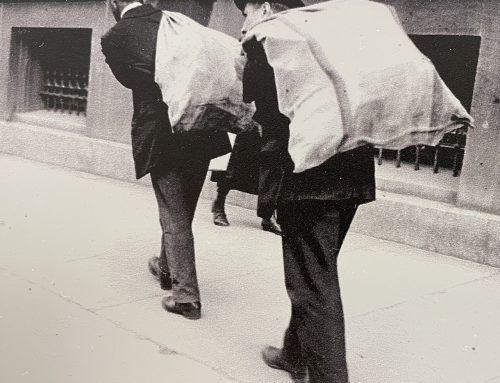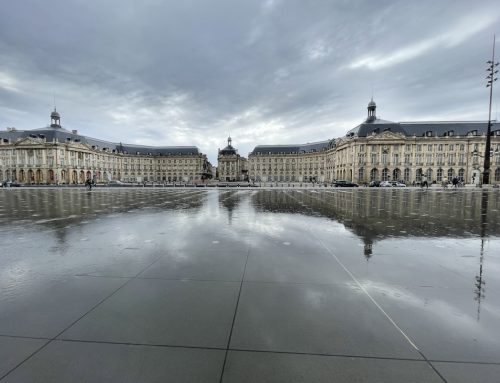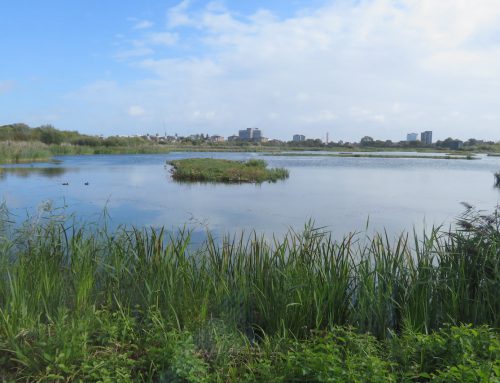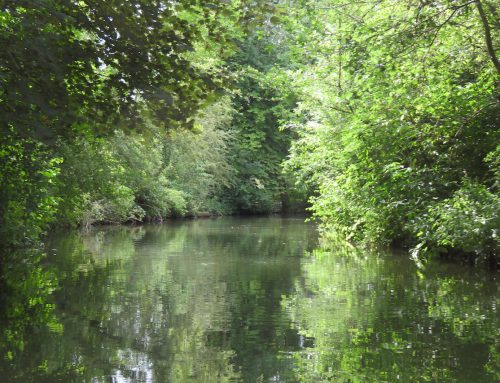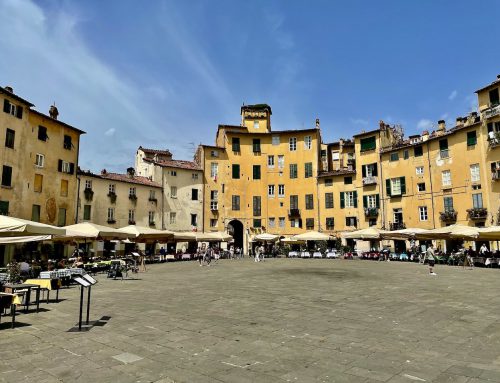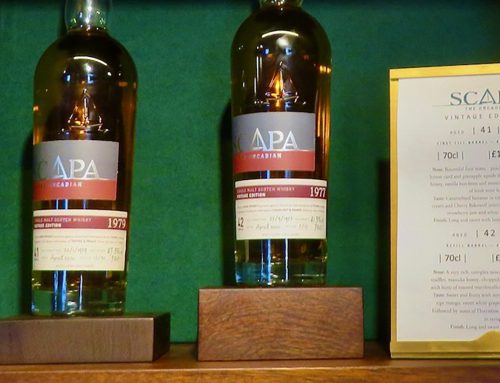The Mouse of Fish Island
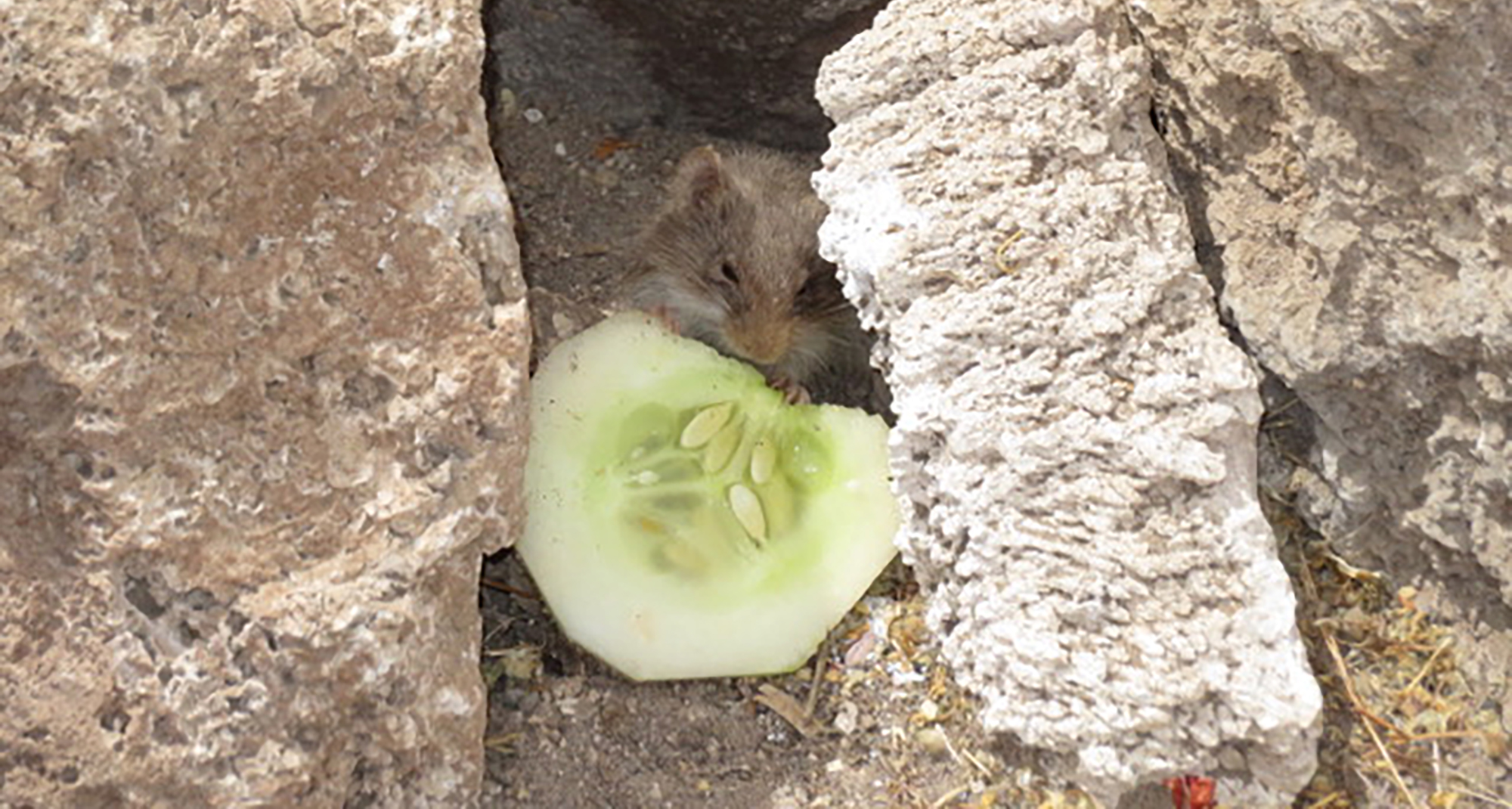
The mouse of Fish Island

The mouse of Fish Island
Salar de Uyuni, Bolivia
There is a problem with a salt flat even if it is the largest in the world. The Salar de Uyuni may have an area larger than the country of Lebanon, 11 billion tons of salt and a crust up to ten metres thick. By any standards that is impressive. But the problem, quite simply, with a salt flat is its flatness. And flat, should you have a bladder, is a problem.
It could have been the breakfast tea, or maybe my most recent bottle of water. It could have been my eyes were closed, a futile pretence that Abed’s Toyota had not exceeded terminal velocity. Eyes shut seemed simpler as we raced across the Salar, when everything around had become a blur. Transverse ruts and jolting had been replaced by an almost freeway-style ride. A salt flat’s surface may look flat, may feel smooth, but it does break up into smaller, interconnected octagons, a low ridge of salt between each one. The ridges were so small they did not throw us around, but they did create a low vibration that slowly made me relax. Until I started to fidget and until, eyes once again open, maybe more a stare, I leaned forward and shook Bruno roughly by the shoulder. He turned slightly in his seat, eyebrows raised in question.
“I have to stop,” I declared. Bruno had no need to ask why. He could see my right hand clutching my lower abdomen, my crossed legs, the tooth marks in my lower lip where I had bitten myself to overcome the pain. And he could see me sitting at an angle on my seat. The signs were clear. The Brit behind him had a bladder.
“Not far,” he said, twisting forward once more and pointing to a low-lying shadow in the distance. “That is where we are headed.” The huge expanse of the Salar is broken on occasion by mirage-like shadows, black or dark green, small islands protruding from this former sea. Forty thousand years ago we would have been driving through water.
“Can’t wait,” I gasped. “Got to go. Now. Quick. Please.”
Bruno saw the problem instantly, which is what made him the perfect guide. His hand touched Abed’s right shoulder, our improvised braking system was deployed, and slowly the Toyota came to a halt. One glance at Abed’s expression showed me he was disappointed. He had been driving Formula One. No lights, no markings, no police, no cameras, no vehicles other than our own, and enough space to die for. The flats were a driver’s Utopia.
The moment the Toyota stopped moving I burst from its door, half crouched, bent over in my agony, stumbling right, staggering left, heading away from Bruno and Abed. It was two hands now on my abdomen, one was insufficient. I needed distance from the car.
You see, I have a problem. Actually, I sense many have the same. When it comes to bladders I prefer peace, isolation, relaxation and privacy. I must pretend I am somewhere different. But in the Salar there is no pretending. However far you stumble, wherever you decide to stop, you are on full and public display. Privacy does not exist. No trees, no hedges, no low brick walls, no lay-by loos, no farmyard gates, items seen as standard for a journey through Europe. Things that are a perfect hideaway for the distressed traveller.
I gave up in the end and did what men do, albeit on full display. I made it barely ten feet from the Toyota before Nature took over. As I slowly relaxed, as the pain vanished, as I thanked Heaven I had not been made female, I glanced towards my companions. Both were sat upright in their seat, staring forward, hands on steering wheel or dash, pretending I did not exist.
Happiness now reassembled, I took the few steps to the Toyota, climbed back into my place and felt the car accelerate, as we sped towards a mirage-like shadow on a salty horizon. We were headed towards Fish Island.
Fish Island has earned it name thanks to the shape it makes when seen from the sky. It is little more than coral-covered volcanic mud dotted with cacti. It is also where part of Butch Cassidy and the Sundance Kid was filmed, in 1969. It is an especially good place to think. I scrambled to the top of one of its hills and looked out over the vastness of the Salar, a vanished sea seemingly without end. As I sat, I pondered, as it was difficult to deny global warming. The Salar is what happens when seas evaporate. All that flying, all that driving, all that churning out poison, and before we know it an Englishman will be driving to Paris, a Filipino to Singapore, or an Irishman to New York.
Not much survives on the Salar de Uyuni, cacti excepted, apart from an occasional fox, a more-than-occasional armadillo, a broody pink flamingo and, take it from me, a mouse. A mouse that liked cucumber in fact, and a mouse who seemed to like me.
Having scrambled a Fish Island hill, having concluded our planet was doomed, I had headed back down to the island’s edge to join my two companions, who were in deep discussion. Clearly something political, as cigarettes were out and arms were waving wildly. Bolivians do wave their arms when talking politics.
“Lunch?” said Bruno, as he saw me approach.
“You read my mind,” I replied.
Swiftly, Bruno got to his feet, flicked open the Toyota’s rear door and there before us lay the feast. If you consider meat slices, stale bread, bananas, cucumber and avocado as a banquet. First, I gobbled the bananas, which had been blackening in the Bolivian sun. That was the easy part.
Harder was the cucumber. There is something very English about the plant even if it did originate in India. It is a vegetable that makes a Brit feel happy. Cucumber sandwiches, tea at Fortnum’s, tea even at the Ritz. An Englishman’s system is in tune with cucumber and from birth it is something he can slice. It was as I sliced my own cucumber, many thousands of miles from home, it was as I focussed on each segment being perfectly created, wonderfully even, utterly parallel and a point of personal pride, that I sensed I was not alone. One of those feelings in your shoulders. You hear nothing, you see nothing but you know something, or someone, is near you.
I looked around me, behind, and uneasily to each side. Nothing. I looked again. Nothing. Then I looked harder. It was between two tiny rocks that I saw it, a pointy face looking up, a minuscule four-legged figure, flitting from one shadow to the next in the hope of being unnoticed. It was a mouse on the look-out for feeding, a rodent on the hunt for grub.
First, I threw it bread, a morcel so large it could have housed a burger. The mouse heaved and strained, dragging the massive piece of bun as if he were a Titan. The bread was big, the dough was heavy, and did not glide smoothly across the island’s coral-covered surface. Bread-dragging was not mouse-friendly.
So, next it was the cucumber, and had I hit the button. I have now seen a mouse smile; I have witnessed a rodent grin. The moment that first cucumber slice fell to earth the mouse of Fish Island was at it, all caution dashed to the elements. It sniffed and played and toyed and nibbled, munching the slice’s margins with utter content.
“Look what I’ve found,” I could sense it think. And then it looked back at me with pride. Was it saying thanks? I could not tell. After all, cucumber is uncommon on Fish Island but the mouse had found a new friend.
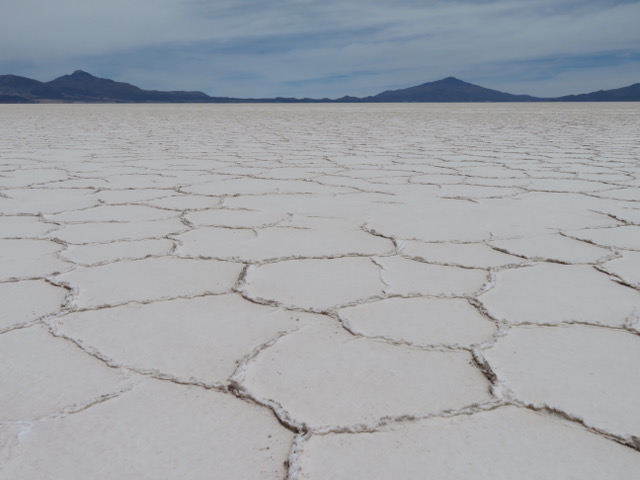
40,000 years ago, this was an inland sea
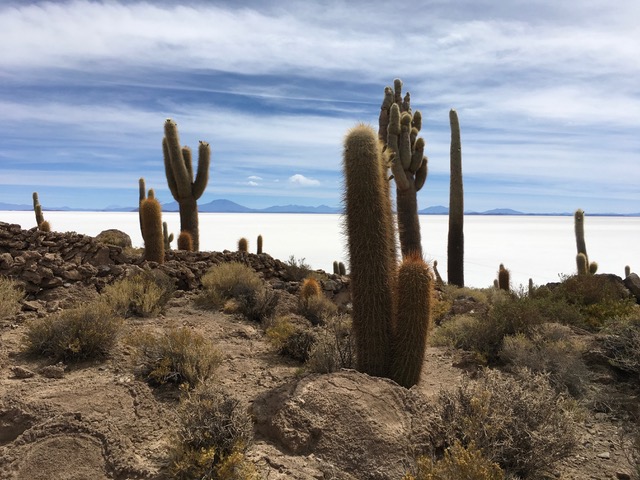
Not much lives on the Salar de Uyuni, although the cacti feel at home

